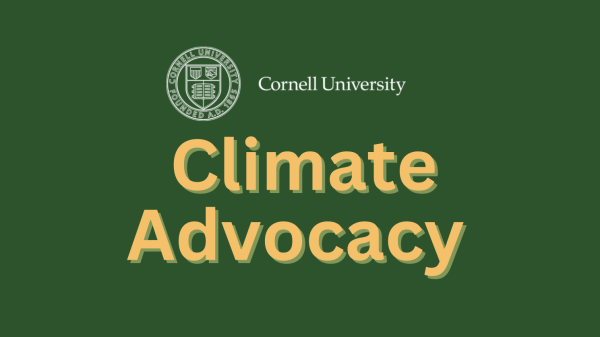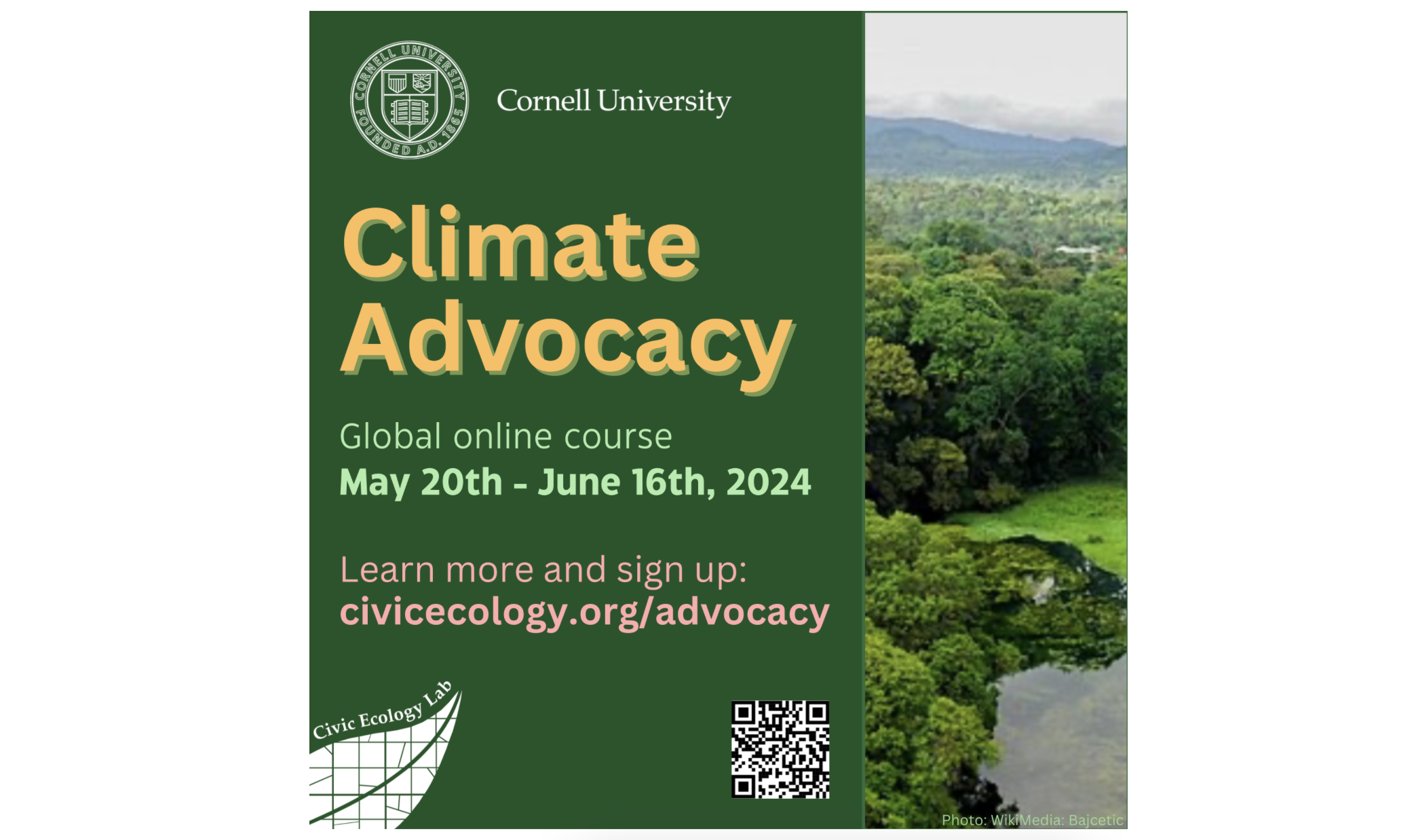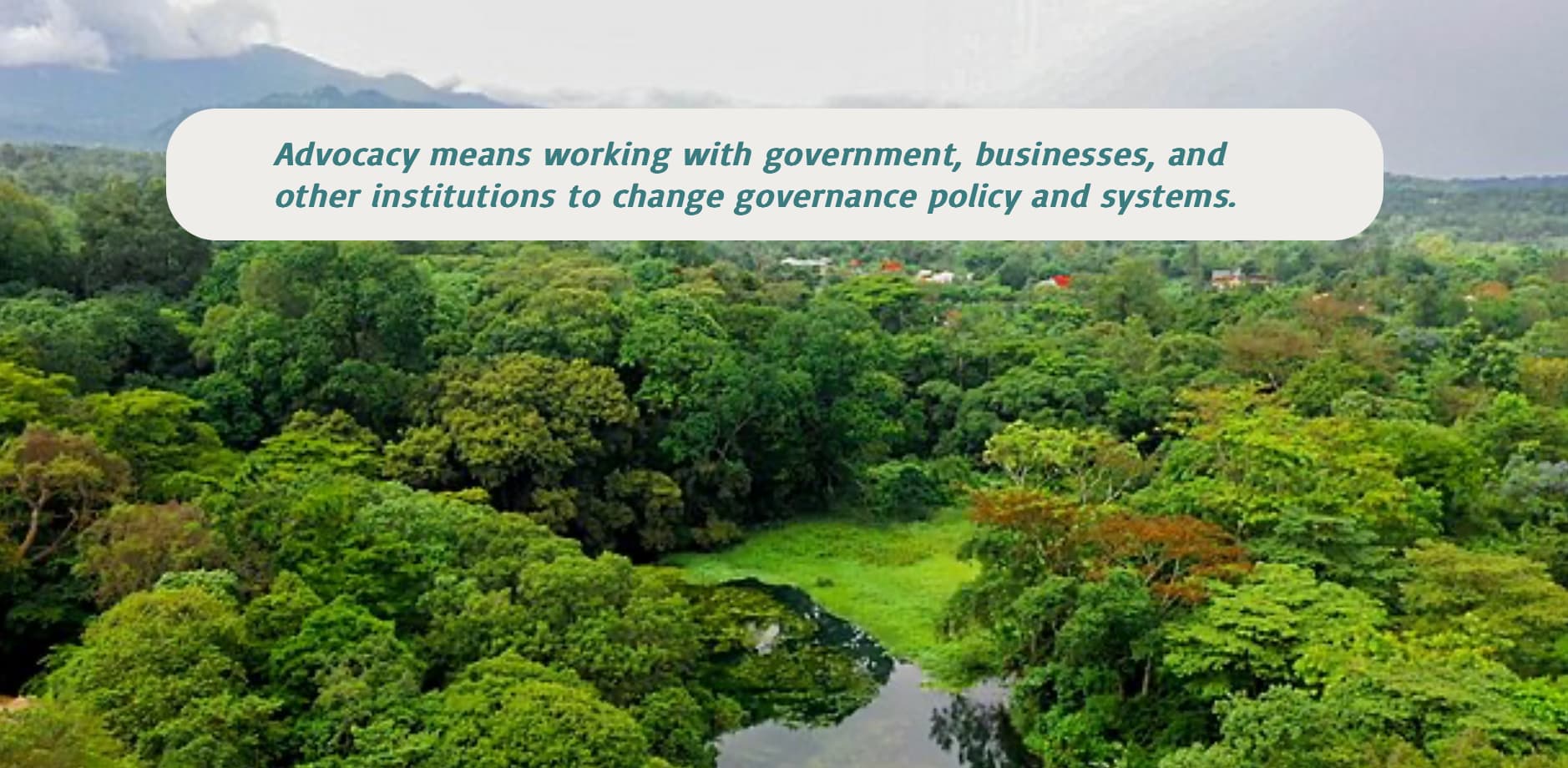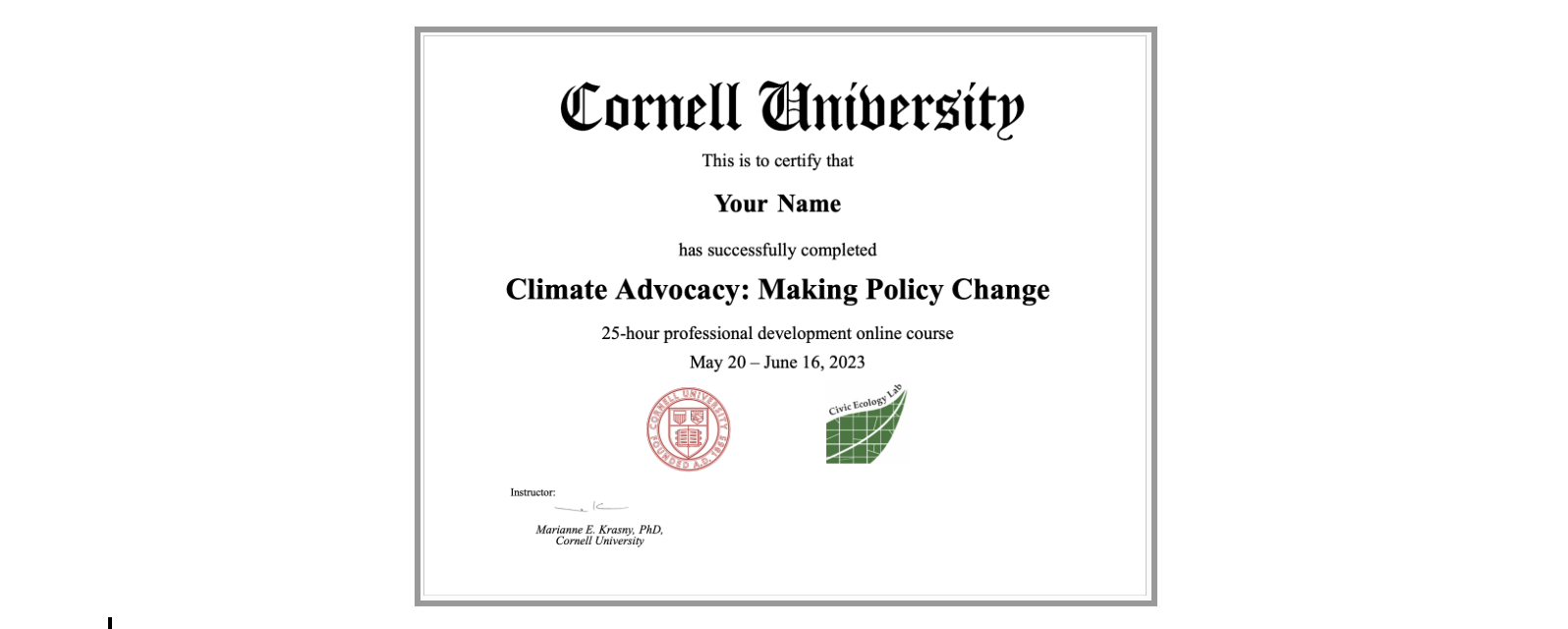Climate Advocacy : Making Policy Change

Climate Advocacy: Making Policy Change
Cornell University online course
May 20–June 16, 2024 (4 weeks)
Register now: https://www.civicecology.org/advocacy
Registration fee: $70
Cornell University certificate
Click here to learn more and register

Overview
Have you ever wanted to go beyond lifestyle actions–like eating less meat or driving fewer miles–to advocate for sustainable climate policies? Participants in Climate Advocacy: Making Policy Change will learn about advocacy strategies-–such as letter writing, public campaigns, forming relationships with decision-makers, and litigation–-under both democratic and authoritarian governments. You will also explore the narrative policy, windows of opportunity, and other frameworks that explain how individuals, groups, and coalitions influence government policies.
Toward the end of the four-week course, you will create your own advocacy plan for how you can join with existing organizations to influence policy at the local, state/province, national, or global level. After the course, you will have the opportunity to join a global community of climate advocates, who share experiences and mentor each other as they implement their advocacy plans. Professor Marianne Krasny will guide this online community. The course is largely asynchronous – meaning you can access the short lectures, readings, and other materials when it’s convenient for you. We also hold weekly webinars (recorded for those who can’t make it) as well as optional weekly office hours to interact informally with the instructor and participants.

Instructor
Marianne Krasny, Professor and Director of Civic Ecology Lab, Cornell University

Staff
Xin “Fish” Yu, Lead Chinese Teaching Assistant
Amy David, Course Administrator
Alex Kudryavtsev, Civic Ecology Lab Online Courses Leader
Webinar Guest Speakers
- Joana Setzer, London School of Economics and Political Science
- Jessica Teets, Middlebury College and Wilson China Center Fellow
- Hao Zhuang, EXPLORE program, RECOFTC
- Mercy Abutsa, Climedu Nigeria and Cornell University
Learning Outcomes
By the end of this course, you will be able to:
- Explain: (a) differences between advocacy and other kinds of climate action (lifestyle, stewardship, activism); and (b) how advocacy occurs through organizations and coalitions of organizations.
- Understand advocacy strategies and any associates risks in your local context, and ways to keep safe.
- Research advocacy strategies practiced in your country (using AI or other search engine).
- Apply one or more advocacy theories to analyze an advocacy initiative in your country.
- Complete an oral or written case study of an advocacy example in your country.
- Develop a plan for advocacy for yourself working with existing groups.
- Join an ongoing network to share advocacy work.
Participants
Professionals, volunteers, university and high school students, and environmentally-concerned citizens from any country. The examples throughout the course will mostly be drawn from environmental and climate advocacy in the US and China. Discussions will be in English and Chinese.
Click here to learn more and register
Cornell University Certificate
Participants who complete the course are awarded a Cornell University certificate (PDF).

Cost: $70
Value for the price is excellent. Our courses depend on your contribution, which is paid by most participants. You can pay a higher fee ($140) to sponsor another student, or a lower or no fee if you cannot pay or live in a country without international payment systems (e.g., Afghanistan, Iran).
Questions?
If you still have questions, feel free to ask Amy Daniel and Kim Snyder, our course administrators. When you contact us, please type "Climate" in the subject line of your email. CivicEcology@cornell.edu
The Cornell University Civic Ecology Lab team looks forward to welcoming you to this course!
Click here to learn more and register






